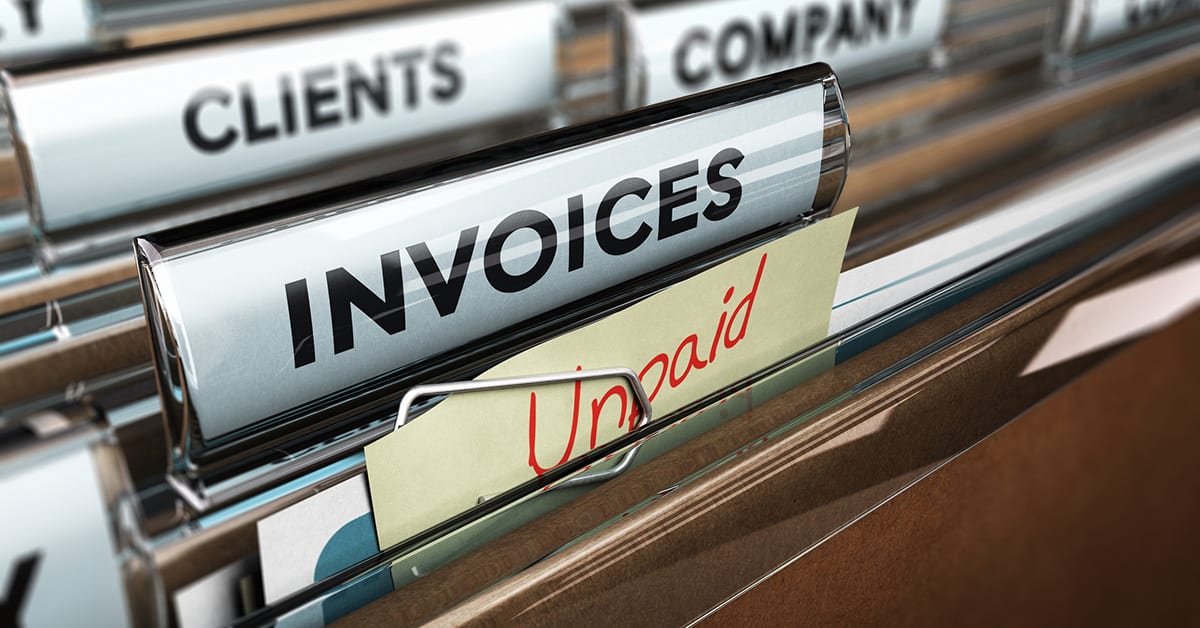Recent data from Xero suggests many Australian businesses are left to deal with unpaid invoices well past their due date, with 47% of invoices paid late and an average 30-day delay on unpaid invoices.
Wait times for payment are the longest in January, so end-of-year (EOY) is the ideal time to rectify the issue and take steps to ensure your cash flow and business aren’t impacted by late payments.
We run through some ideas to help you limit the number of unpaid invoices your business has to deal with at EOY, along with steps you can take once invoices become overdue to avoid a cash flow crisis.
- The Australian Securities and Investments Commission says poor cash flow contributes to 40% of business failures.
Avoiding the problem of late payments
Prevention is always better than cure, but how can you prevent unpaid invoices from blighting your business and diminishing your Christmas joy?
Here are some strategies to encourage customers to pay up before the due date:
- Negotiate upfront payments: Unpaid invoices can be avoided completely by requiring payment in advance. If you’re in the building industry, for example, staged upfront payments could be an option.
- Offer an incentive to pay early: Everybody loves a bargain, and a small discount – even 5% – for early payments could be what gets your customers paying on time.
- Use disincentives: The carrot or the stick? Perhaps it’s a penalty for late payment that will prompt your customers to get those invoices paid on time.
- Be clear on the terms: It also pays to be crystal clear on your payment terms at the outset. If your payment terms are 14 days, make sure this is clearly documented in your quote.
- Make it easy to pay: For customers who are also busy business owners, unpaid invoices can sometimes be a result of administrative burden. Making changes to how you can be paid may have an impact on when you’re paid. Consider allowing credit card, BPAY, PayPal and mobile payments.
- Use accounting software to streamline processes: Accounting software can get your invoices delivered promptly, and automation means you can set prompts to be delivered leading up to the due date.
Dealing with late payers
Despite your best efforts, you’re still dealing with unpaid invoices. It’s not the most pleasant part of being in business, but dealing with late payers is essential to keep your cash flow on track and your business afloat.
Here are some ideas to take the ‘awkward’ out of dealing with late payments, get your money and keep your business cruising through the Christmas period and into New Year:
- Communicate: Follow up, negotiate and discuss the delayed payment with your customer. Perhaps it’s a miscommunication or your emails are going to the wrong person. Use different forms of communication, including a direct phone call, to make sure the message is getting through.
- Have a plan: If, after discussing an unpaid invoice with your customer, it’s apparent they are having genuine financial difficulties, consider agreeing to an instalment plan.
- Cash flow loan: If unpaid invoices and an end-of-year downturn are creating a cash flow crisis in your business, consider a cash flow loan. These loans are a short-term solution you can use for any business purpose, such as covering a temporary shortfall for paying wages or hiring seasonal staff to take advantage of the pre-Christmas rush.
If you need a small business loan to help manage unpaid invoices, talk to a lending expert at Prospa on 1300 882 867 or apply online.








